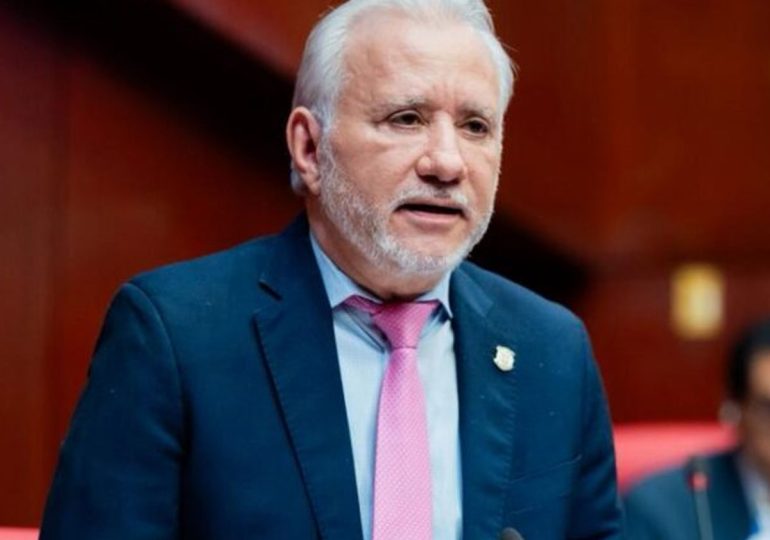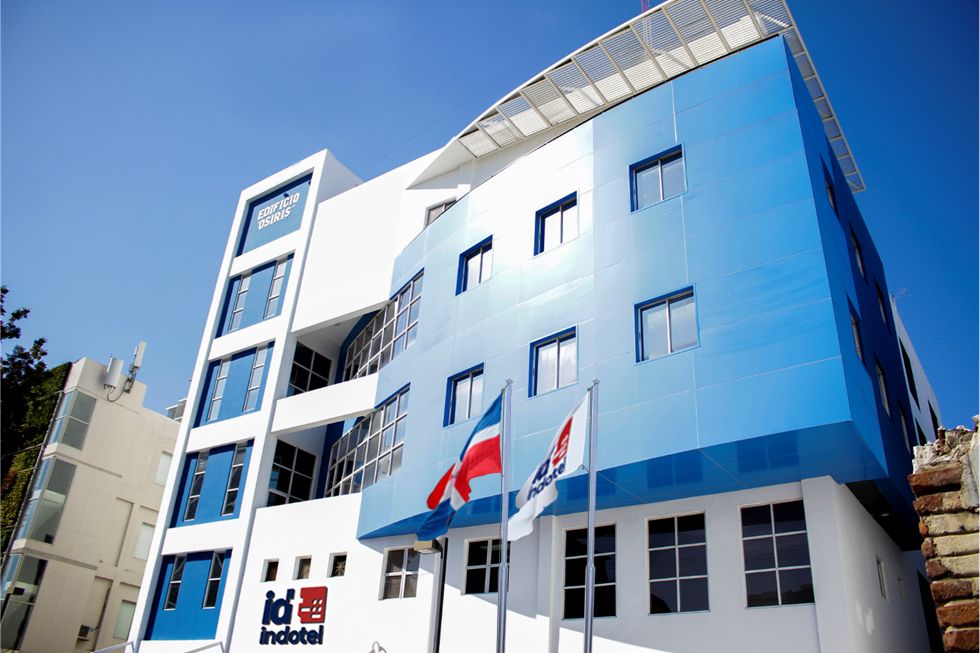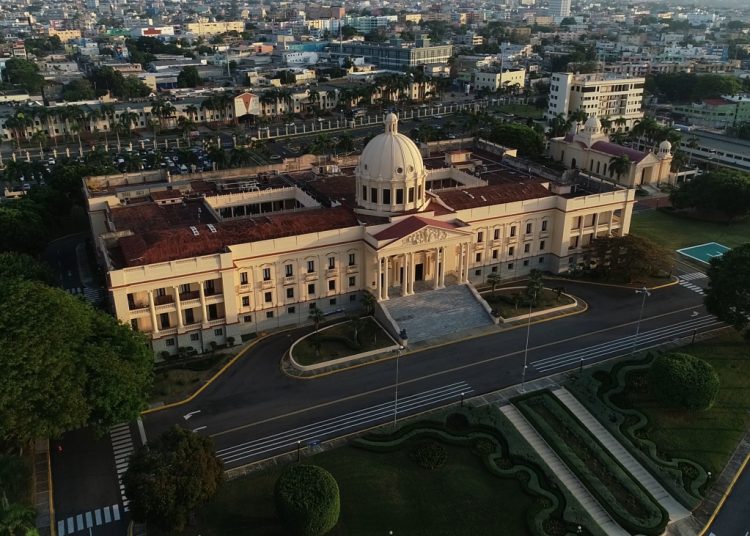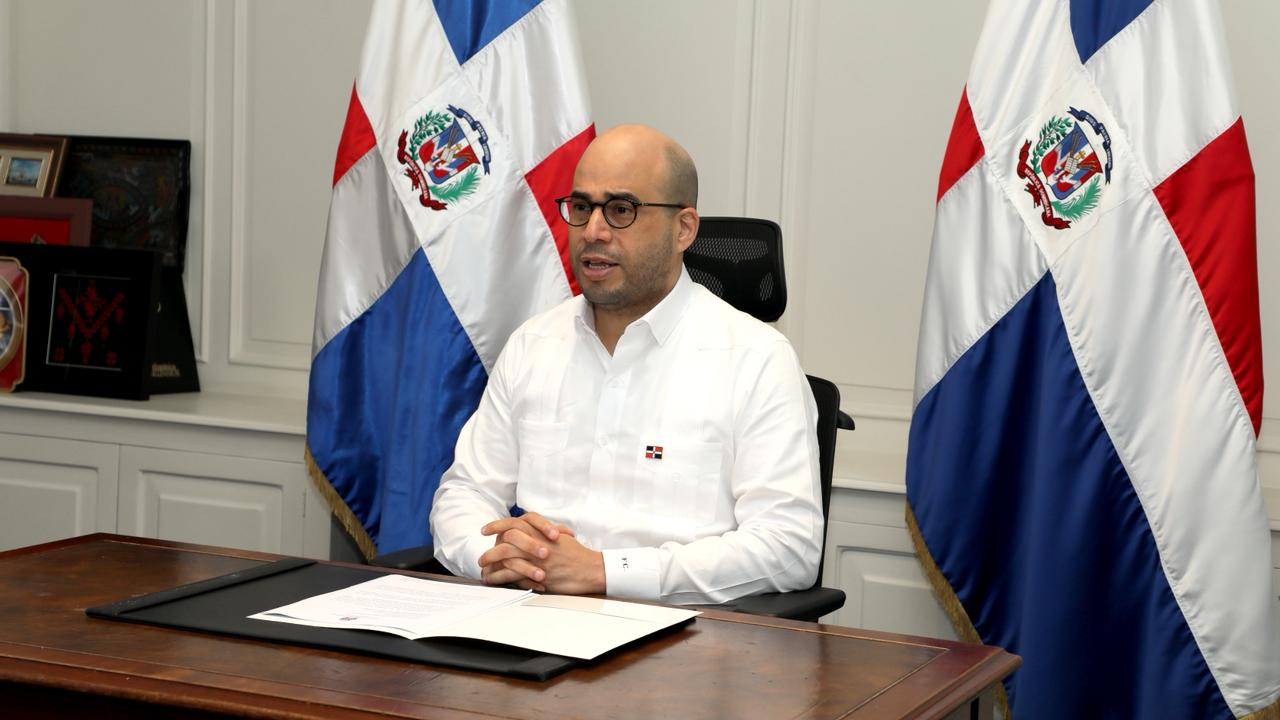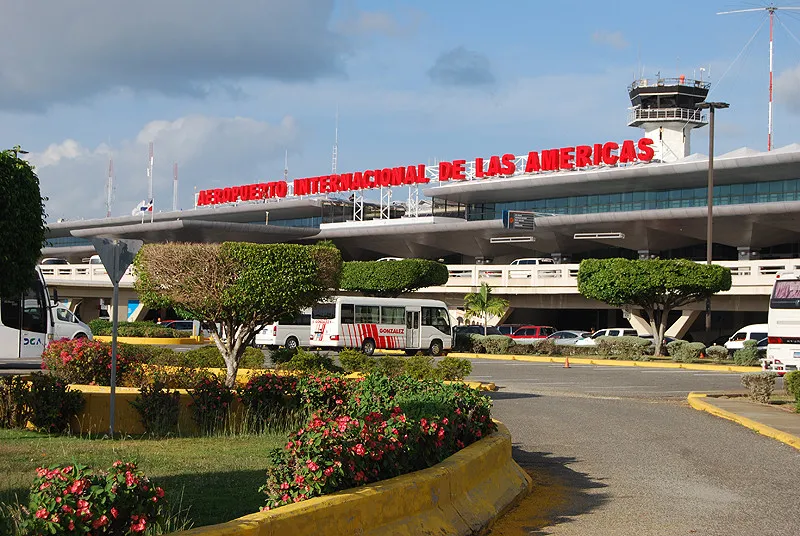SANTO DOMINGO – In a significant move against public corruption, Senator Antonio Taveras has formally petitioned the Public Prosecutor’s Office to implement the Law of Extinction of Ownership regarding the high-profile SENASA (National Health Insurance) corruption case. Representing Santo Domingo province, the senator seeks expedited recovery of public funds allegedly embezzled from the national healthcare system.
The senator’s legal submission emphasizes the extraordinary nature of the case, noting that stolen resources were specifically allocated for public health services, thereby disproportionately harming the nation’s most vulnerable citizens. While explicitly acknowledging the constitutional autonomy of prosecutors, Taveras maintained that asset recovery represents an urgent parallel process that can proceed independently of criminal prosecutions.
Legal grounds for the petition cite multiple alleged violations including systematic fraud against the state, blatant embezzlement schemes, utilization of front men to conceal ownership, inexplicable asset accumulation by officials, and irregular financial operations. Taveras underscored that public outrage demands not merely criminal convictions but full restitution of diverted funds.
The senator concluded that recovered assets must be channeled back into the national health infrastructure to restore critical services, including essential medicine access and medical treatments for Dominican citizens who suffered from the alleged corruption.
